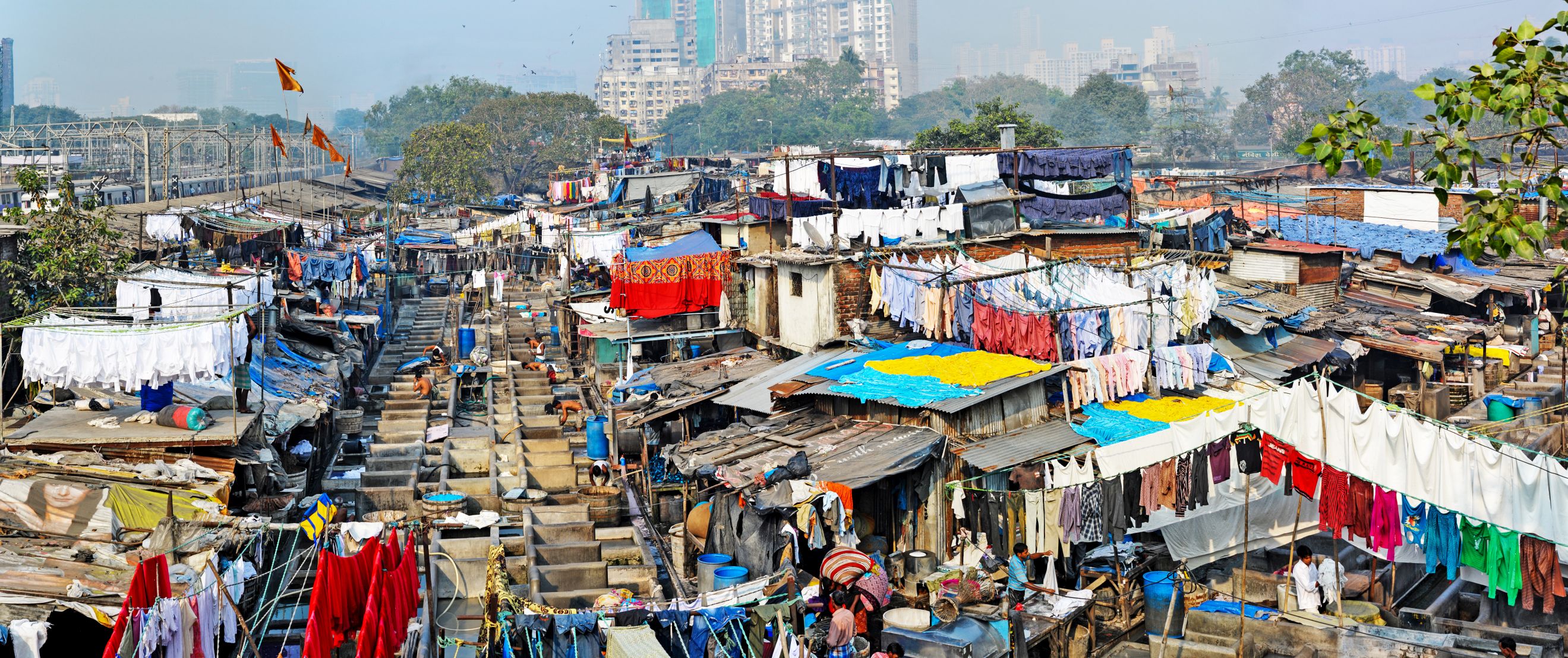Cities Alliance Project on Pro-Poor Slum Upgrading Framework for Mumbai, India

The document titled “Cities Alliance Project on Pro-Poor Slum Upgrading Framework for Mumbai, India” outlines a strategic framework aimed at improving the living conditions of slum dwellers in Mumbai through comprehensive slum upgrading initiatives. Published by Cities Alliance, the document emphasizes the urgent need for sustainable urban development that prioritizes the needs of the urban poor while fostering community participation and collaboration among stakeholders.
Further reading:
Slums and Slum Upgrading – Cities Alliance citiesalliance
[PDF] What works in improving the living conditions of slum dwellers cib-uclg
Background and Context
Mumbai, as one of the world’s most densely populated cities, faces significant challenges related to urban poverty and inadequate housing. Approximately 60% of its population lives in slums, where residents often lack access to basic services such as clean water, sanitation, and secure housing. The document highlights that traditional approaches to urban development have frequently resulted in forced evictions and inadequate solutions for slum dwellers. In response, the Cities Alliance has developed a framework that focuses on pro-poor slum upgrading, aiming to transform these informal settlements into viable communities.
Objectives of the Framework
The primary objectives of the Pro-Poor Slum Upgrading Framework include:
- Improving Living Conditions: The framework seeks to enhance the quality of life for slum residents by providing access to essential services such as water supply, sanitation, waste management, and infrastructure improvements.
- Securing Land Tenure: A crucial component of the framework is to provide legal recognition and security of tenure for slum residents. This legal protection is essential for preventing arbitrary evictions and encouraging residents to invest in their homes.
- Promoting Community Participation: The framework emphasizes the importance of involving slum communities in decision-making processes. Engaging residents ensures that interventions are tailored to their specific needs and fosters a sense of ownership over their living environment.
- Integrating Urban Development: The document advocates for integrating slum upgrading efforts into broader urban development plans. This approach ensures that upgrading initiatives align with city-wide strategies for infrastructure development and economic growth.
Key Strategies for Implementation
The document outlines several strategies for implementing the Pro-Poor Slum Upgrading Framework:
- Participatory Planning Processes: The framework encourages participatory planning where community members actively engage in identifying their needs and priorities. This involvement helps build trust between residents and local authorities.
- Capacity Building: Strengthening the capacity of local governments and community organizations is essential for effective implementation. Training programs can equip stakeholders with the necessary skills to manage upgrading projects successfully.
- Innovative Financing Mechanisms: The framework calls for exploring diverse financing options to support slum upgrading initiatives. This includes leveraging public-private partnerships, community savings schemes, and international funding sources.
- Monitoring and Evaluation: Establishing robust monitoring and evaluation systems is crucial for assessing the impact of upgrading initiatives over time. Continuous feedback from residents can inform adjustments to strategies and interventions.
- Collaboration Among Stakeholders: The framework promotes collaboration among various stakeholders, including government agencies, civil society organizations, private sector actors, and community groups. This multi-stakeholder approach enhances resource mobilization and ensures a comprehensive response to urban poverty.
Challenges to Overcome
While the Pro-Poor Slum Upgrading Framework presents a promising approach, several challenges must be addressed:
- Political Will: Sustained political commitment is essential for prioritizing slum upgrading within urban development agendas. Without strong support from government officials, initiatives may face delays or inadequate funding.
- Land Tenure Issues: Complex land tenure situations can complicate efforts to secure legal rights for slum residents. Addressing these issues requires careful negotiation and legal reforms.
- Funding Constraints: Limited financial resources can hinder the implementation of comprehensive upgrading projects. Innovative financing solutions are needed to sustain long-term efforts.
- Community Dynamics: Diverse interests within slum communities can pose challenges for consensus-building during planning processes. Effective communication strategies are necessary to navigate these dynamics.
Conclusion
In conclusion, the “Cities Alliance Project on Pro-Poor Slum Upgrading Framework for Mumbai” advocates for a transformative approach to addressing urban poverty through inclusive slum upgrading initiatives. By prioritizing community participation, securing land tenure, and integrating upgrading efforts into broader urban development plans, Mumbai can create sustainable living environments that enhance the quality of life for all residents.The document underscores the importance of collaborative efforts among government agencies, civil society organizations, and communities in developing effective strategies that respond to the needs of slum dwellers. Ultimately, this framework aims not only to improve physical conditions but also to empower communities and foster social equity within one of the world’s most dynamic urban centers.
